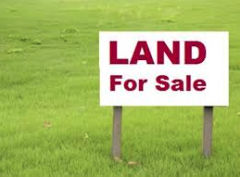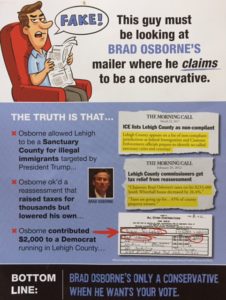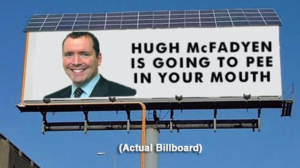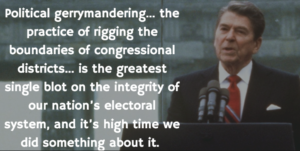For the last few years, it’s been the philosophy of the current Board of Commissioners to not accept dedication of new public roads in neighborhoods built on farmland. The latest examples are the Stone Hill Meadows project and the proposed 17 lot estate plan over on the Farr Tract. The township is done taking on long term financial responsibilities for new infrastructure liabilities. The same goes for stormwater facilities.
Note: This doesn’t impact projects approved before last two years. Only new ones. If you live in a neighborhood built before this year and you have roads still maintained by the developer and the township is meant to take them over that’s still happening. This is only on new projects moving forward.
New neighborhoods built on farmland must now have internal private roads maintained in perpetuity by newly formed resident HOA’s consisting of folks who buy homes in that neighborhood. This reflects the townships evolving smart growth philosophy. The township desires to guide new growth away from our remaining farmland and towards existing infrastructure and appropriate corridors where investments have already been made.
New subdivisions built on large parcels of farmland are no longer a desirable outcome in our township. Preservation is now the highest priority. Where we cannot preserve for whatever reason, developers must now take into consideration the full cost of maintaining roads themselves in perpetuity when figuring out financial considerations. Note: While we are no longer taking ownership of new roads, we are still requiring all new private roads be built to township engineering standards. We’re just finished with assuming new long term obligations.
Therefore in an effort to be entirely up front it’s important developers and landowners understand and account for this when considering due diligence for projects in Lower Mac.
The underlying rationale and basis for this viewpoint is the fact that new residential development costs us more in new liabilities than it produces in new tax revenue. When a subdivision is built the township gets new revenue. But the problem is with certain types of greenfield (built on farmland) projects – new costs always exceed new revenue. This includes items like road repair, sewer maintenance, and increased demand on public schools. Studies show a residential subdivision typically costs a community 1.30-1.40 in new liabilities for every 1.00 in new revenue. This is of course a losing transaction. The easiest way to address this at least in part is to refuse any new infrastructure we’re not under obligation to take. And for the past year and moving forward we aren’t.
Further to this end I also want to explore ways we can ensure homebuyers considering units in new projects are informed of the responsibility they are entering into when they buy into a neighborhood with private infrastructure maintained by an HOA. That prime responsibility being the perpetual maintenance obligations of all new internal infrastructure. There are ways the township can accomplish this by requiring by ordinance notification during a purchase process. Realtors for whatever reason often don’t do a good job elaborating the long term maintenance obligations and new homeowners are caught flat footed.
To be clear, Lower Mac has a number of wonderful thriving and financially resilient HOA communities. Over the years many developers have proactively chosen HOA arrangements and sought private road networks for a host of reasons. This is especially prevalent in our fantastic over 55 communities. The overwhelming majority of which have rock solid long term finances and plan accordingly for the future to maintain their communities. One however in the past few years has made overtures to the township to “take over” their internal private road network. The answer from the township was of course no. Again, at this point in our growth evolution Lower Mac is finished taking new roads.









